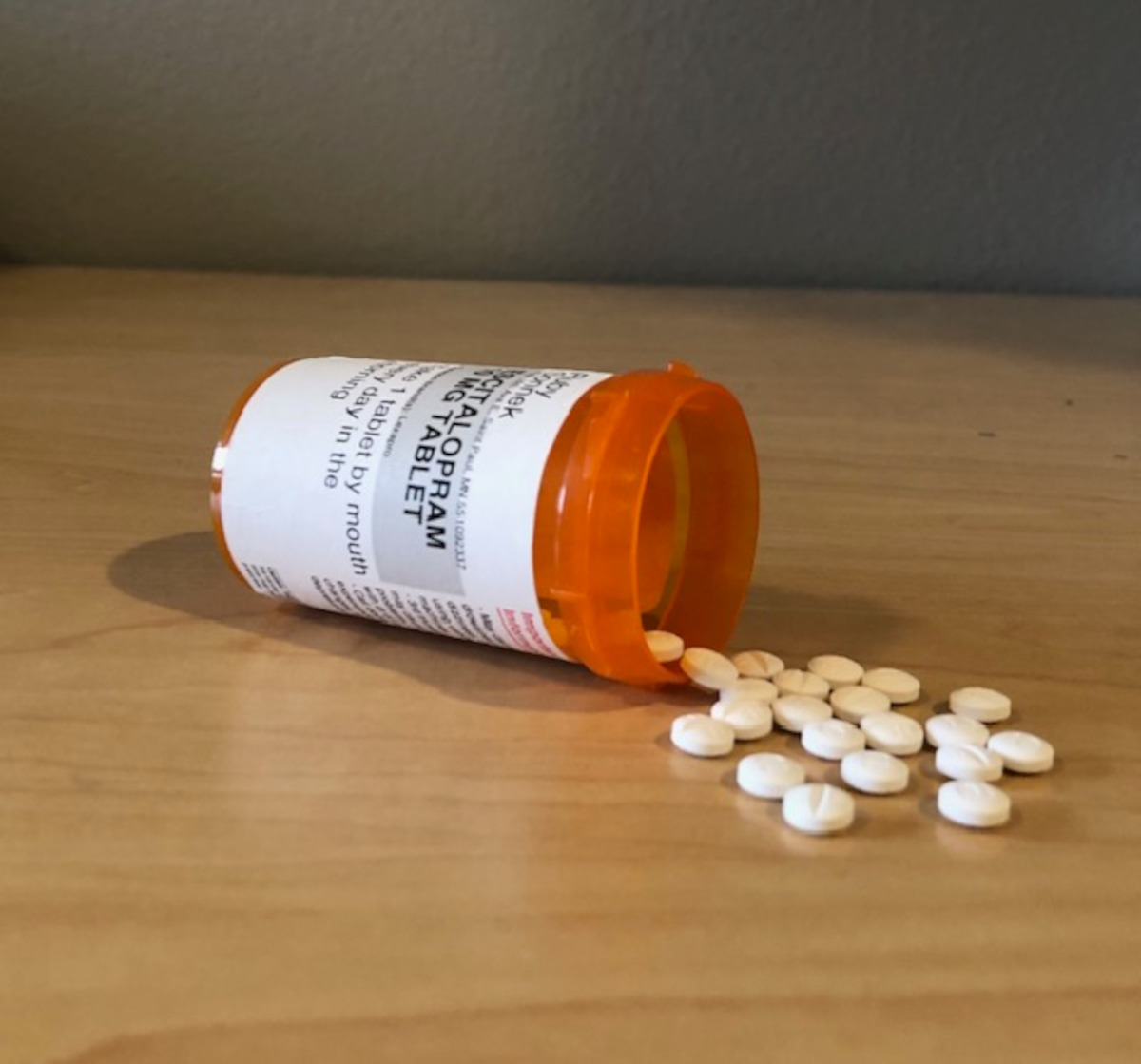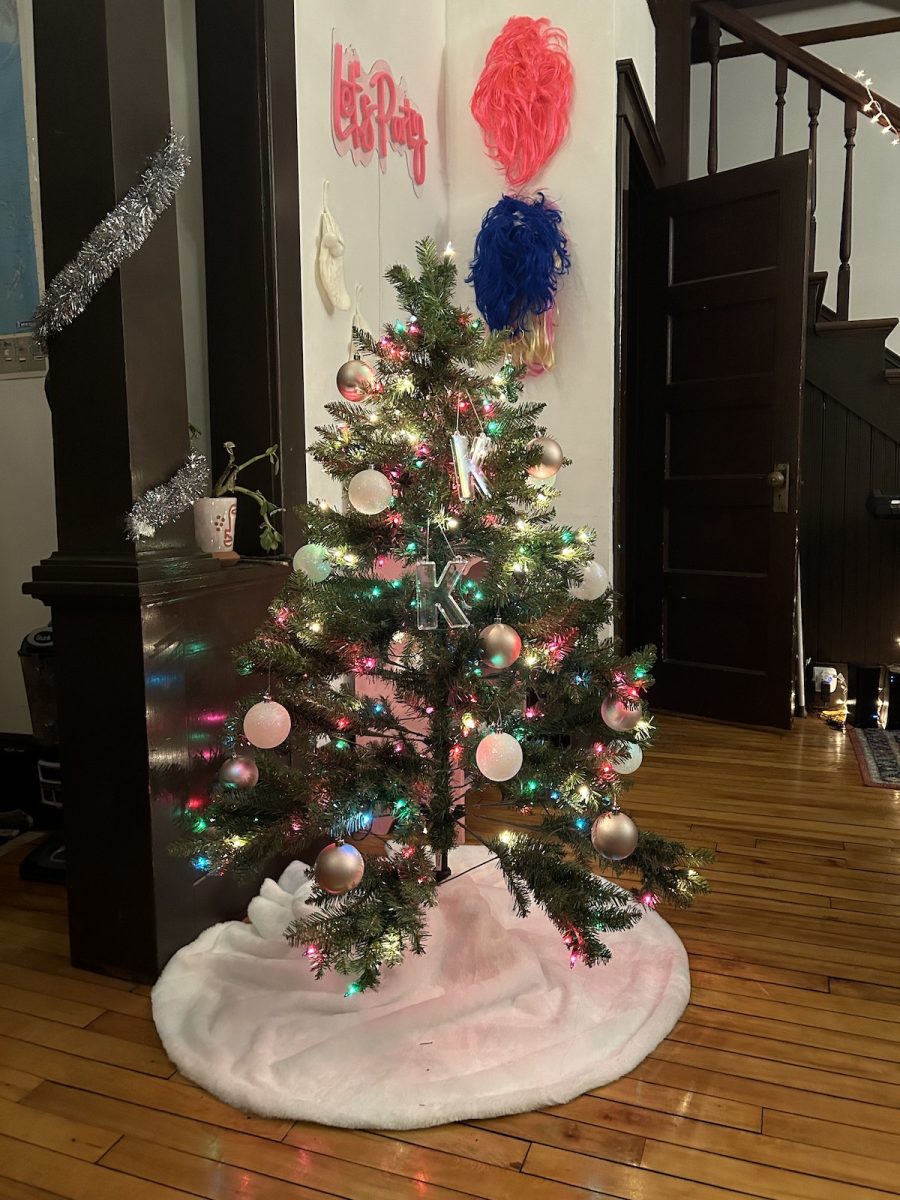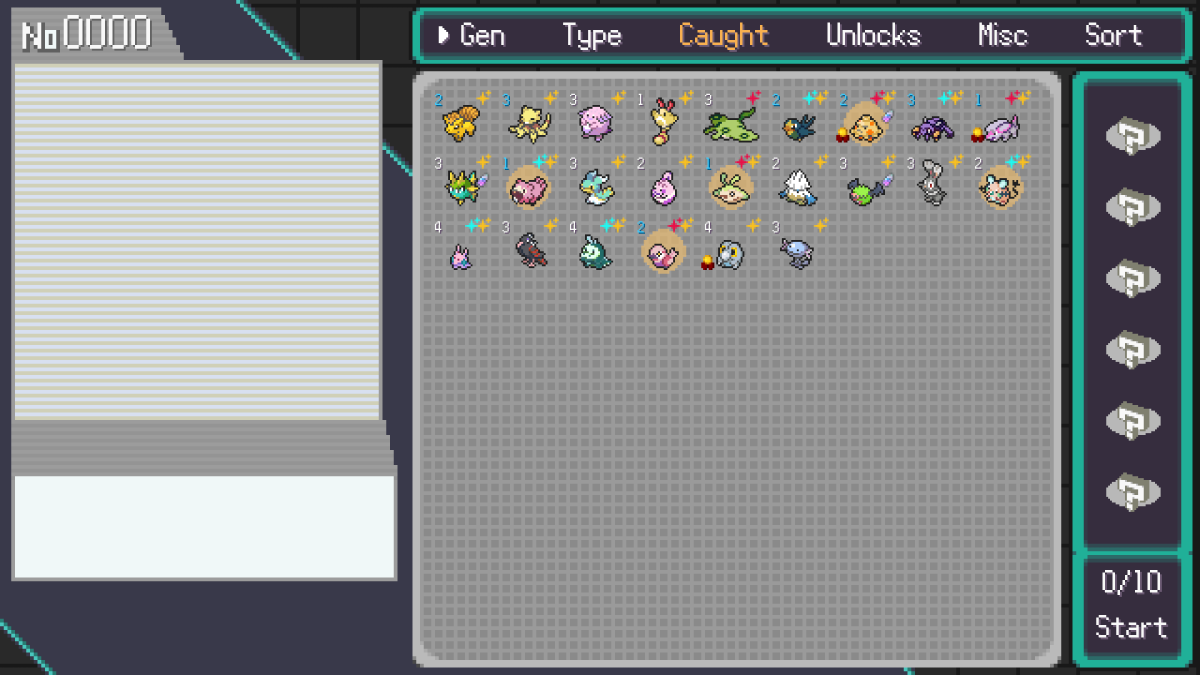Editor’s Note: This is the fourth in a series of columns exploring the issues of privilege and, conversely, adversity as encountered by various segments of society. The series will run every Thursday.
Contrary to popular belief, there are more than two genders out there. In fact, there are quite a few more. One might even say that gender is more of a malleable continuum in which we all exist. I happen to identify as a gender that doesn’t quite conform to what society would deem “normal.” I am a transsexual woman. Along with this different gender identity come a few challenges that most people don’t have to deal with.
Hopefully you’ll let me share my perspective with you to give you a greater understanding of the privilege that you may not even know you have.
Our current society is divided in half -the male half and the female half. Most of us take that for granted and don’t see anything wrong with it. However, when you’re not one of these two genders, life becomes a bit difficult. For instance, let’s take a look at something we all have to use every day: the bathroom.
For most, bathrooms are designed to accommodate. When you’re transgender, they are designed to exclude. In fact, if you deviate from the two “normal” genders, bathrooms become the scariest place. No one is comfortable when they see you in there, be they male or female. I know when I was in the middle of my transition, I had to find bathrooms that were less frequented and use them only during times of low traffic. Just going potty becomes an issue of avoiding potential physical assault and legal trouble.
Another of the challenges that I face is discrimination. It may be surprising to note that discrimination is still an issue in this country. It’s legal in the state of Wisconsin to deny employment based on gender identity. Not only that, it happens frequently. Prior to my jobs here on campus, I was denied employment locally, just for my gender status. I’ve seen it happen to several transgendered friends that were living in Eau Claire as well. Thankfully, the UW System now has protections in place that prevent such discrimination, so at least part of the state is protected in some way.
Probably the most common challenge I face as a transsexual woman is that people assume transgender is a sexuality. Gender is actually a separate construct from sexuality. One can have any gender identity and, along with it, any sexual orientation.
For example, people assume that because I’m a transsexual woman, I transitioned because I want to be with men. In reality, I identify myself as a lesbian. The question typically thrown at me is “If you wanted to be with women, then why didn’t you stay a man?” And the answer to that is simple: my gender as a woman has nothing to do with my sexual attraction to women.
One of the greatest challenges transgendered individuals face is the concept of choice.
The idea that people choose to “switch genders” is so common that even people within the gay, lesbian and bisexual community, those that are considered close allies, fall to the same assumption. The LGB community’s assumption that gender is a choice is shocking, considering sexuality is similarly confused as being a choice.
Regardless, assuming that differently gendered people are different because they chose to be essentially takes away any possibility of acceptance.
Transgender is classified under the DSM-IV as “gender identity disorder.” It is a condition with which one must be diagnosed.
There are standards known as the Harry Benjamin Standards of Care which a person diagnosed with gender identity disorder must follow to go through the transition process.
The transition process is actually a treatment for gender identity disorder and is the only known treatment that exists for successfully alleviating the gender incongruity between the body and the mind.
You have no more choice over your gender than you do which natural eye color you have.
That being said, even though it is a disorder, people who identify as transgender aren’t strange or mentally disturbed. We are just like everyone else. We have to brush our teeth, tie our shoes, do homework and do every other mundane task that the rest of the world does. We just happen to have a few more difficulties in life than the average person, and that’s an unfortunate byproduct of ignorance.
Put this all together and think about it. Potential assault and legal trouble in the bathroom, employment discrimination, ignorance, fear and confusion are only some of the issues that a person that identifies as transgender has to deal with on a daily basis.
Next time you walk into the bathroom, stop for a moment to think about your gender.
Perhaps after reading this, the moment may help you understand just how privileged you may be.
Janiuk is a senior public communication major and a columnist for The Spectator.






